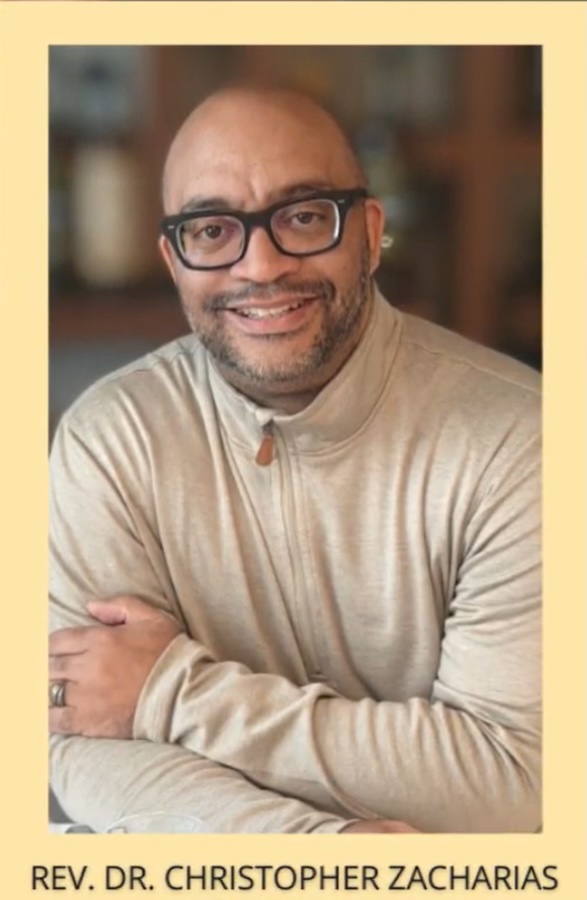Championing Justice, Inspiring Change!
Rev. Dr. Christopher Lee Zacharias
Social Justice in the Mid-Atlantic Episcopal District
A Vision for Equality
Rev. Dr. Zacharias champions equality, advocating for policies that uplift marginalized communities and address systemic injustices within the district.
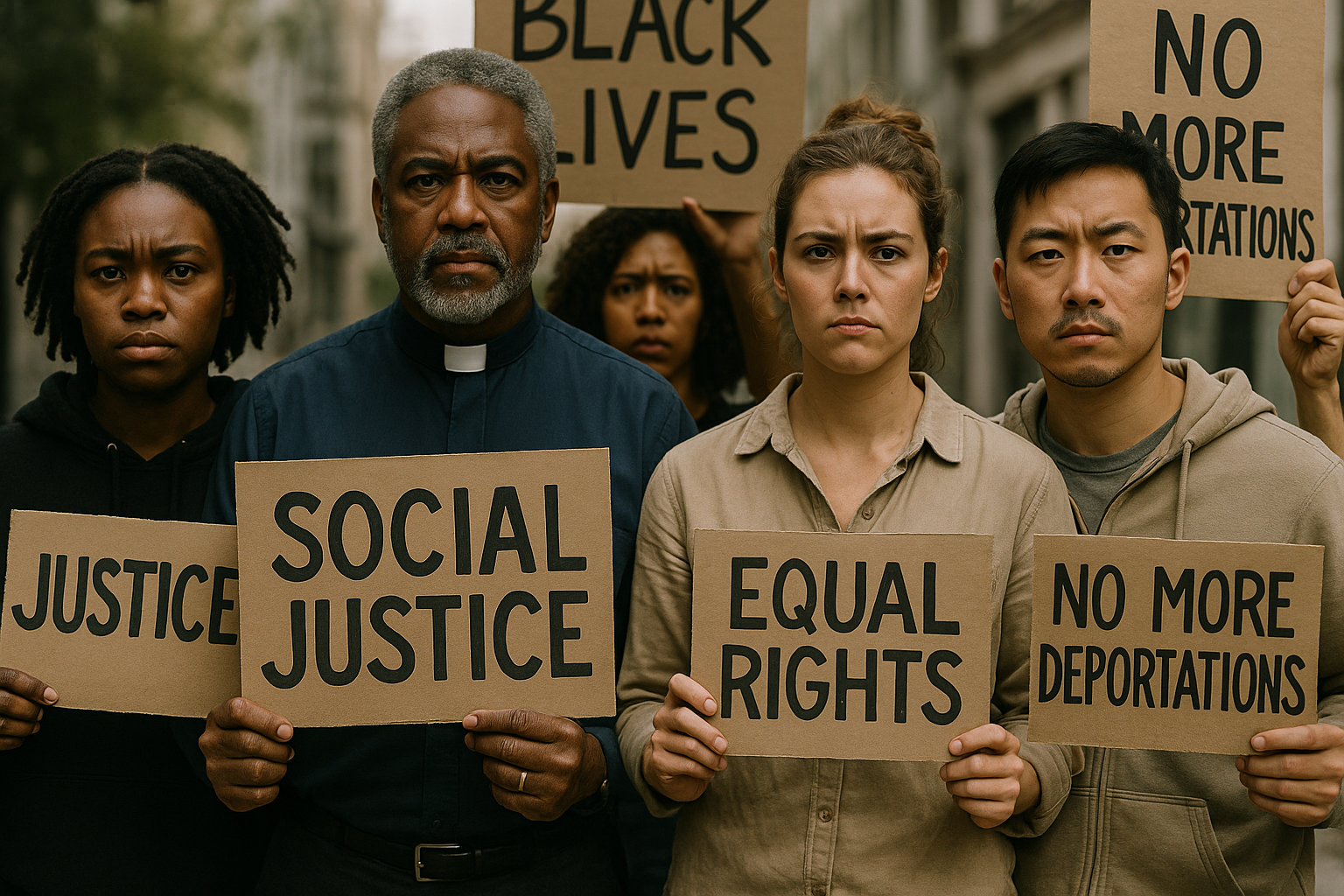
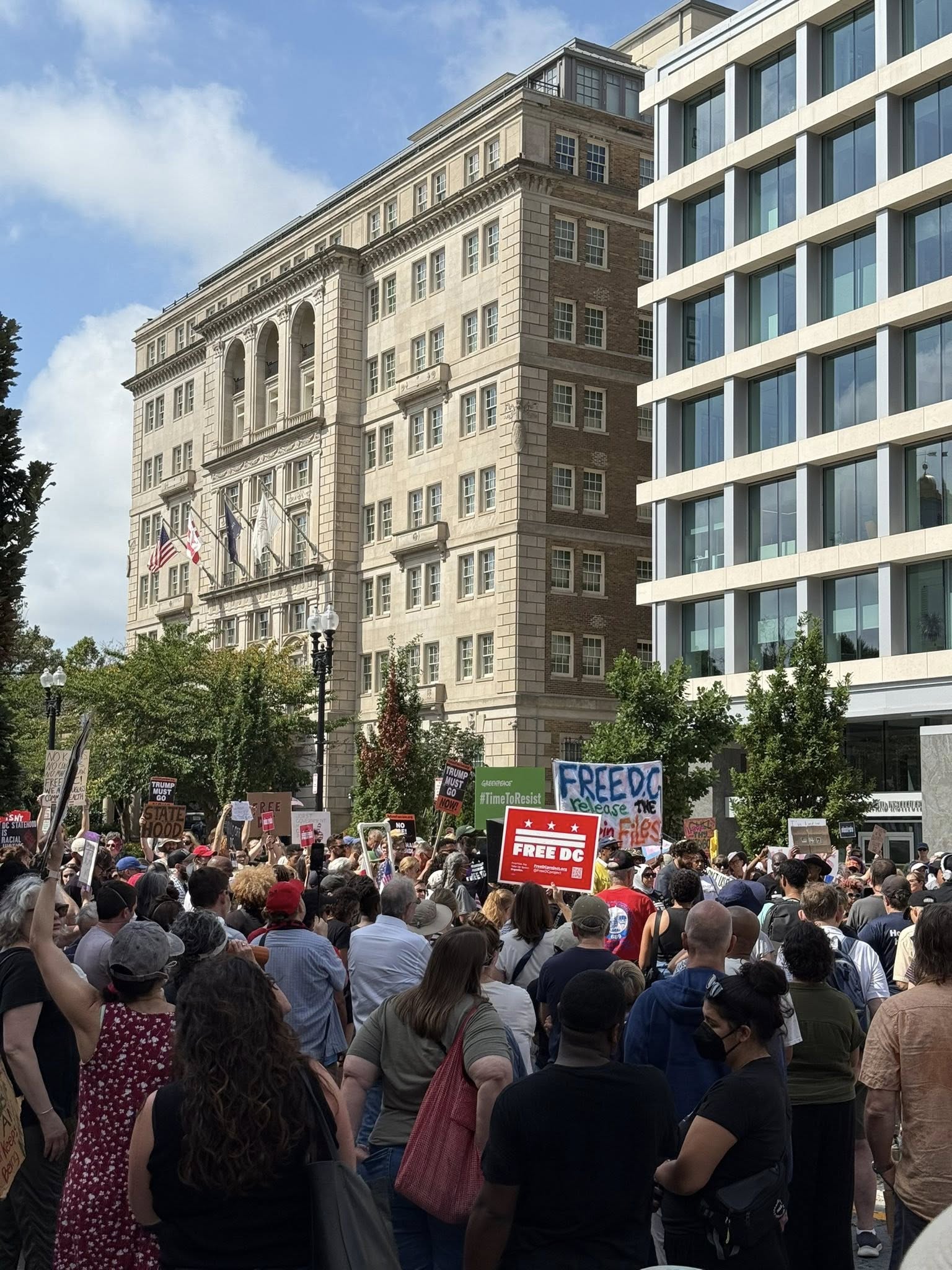
Community Engagement
Through outreach programs, Dr. Zacharias strengthens community bonds, empowering residents to address local challenges collaboratively.
Advocacy for Change
Rev. Dr. Zacharias actively engages with policymakers, urging legislative reforms that promote social equity and protect vulnerable populations.
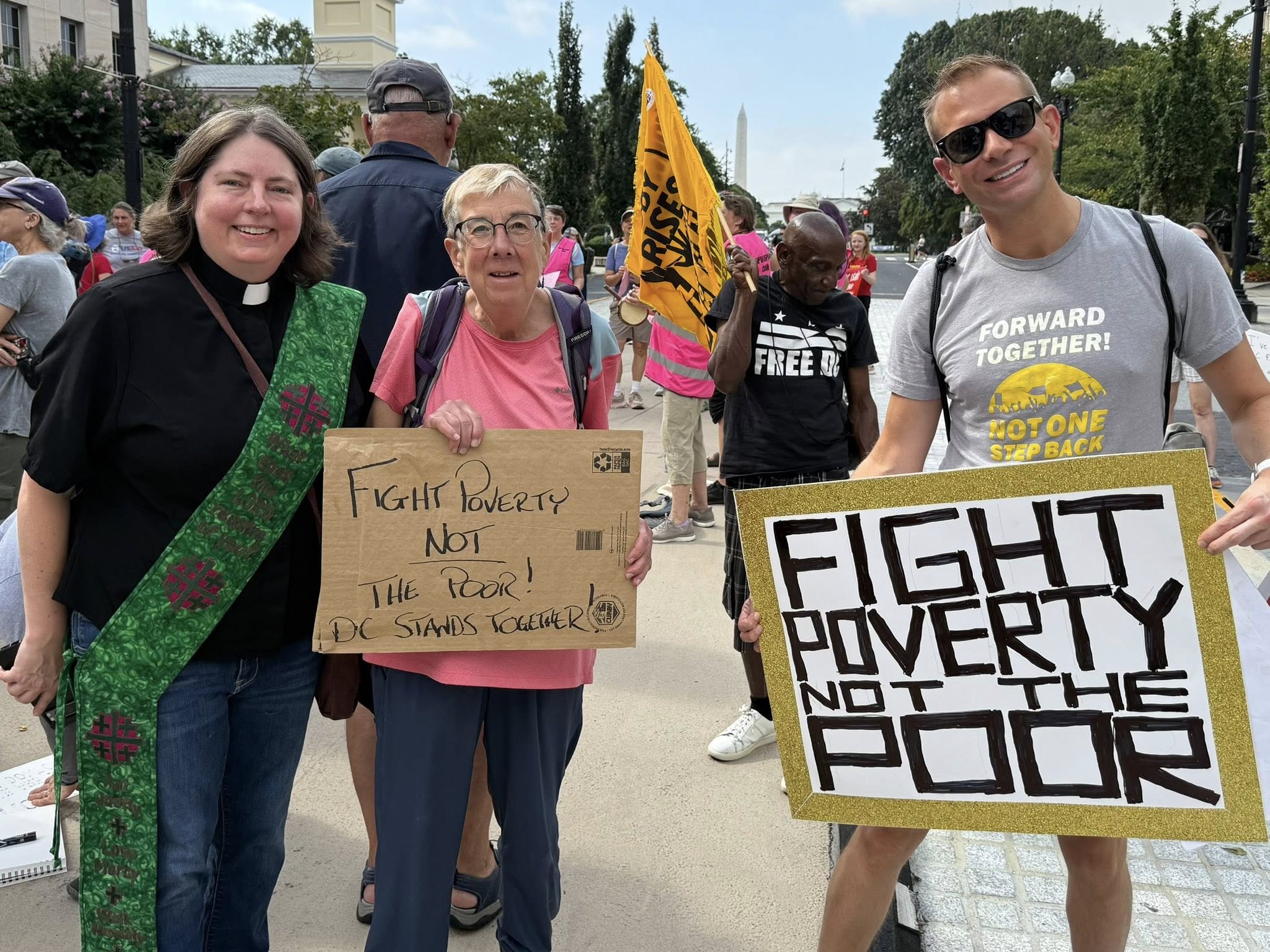
African Methodist Episcopal Zion Churches
Mid-Atlantic Episcopal District
Rev. Dr. Zacharias and Social Justice Initiatives
and Concerns

Empowering Youth
Initiatives aimed at supporting education, mentorship, and leadership development among young people.

Combating Hunger
Programs designed to alleviate food insecurity by providing meals and resources to families in need.

Healthcare Access
Working to expand access to quality healthcare services for underserved communities.
Meet Rev. Dr. Christopher Lee Zacharias
Director of Social Justice and Concerns
Rev. Dr. Christopher Lee Zacharias Short Bio Rev. Dr. Christopher L Zacharias, an energetic proclaimer of the gospel of Jesus Christ. His passion is God’s people, their spiritual and physical well-being. Dr. Zacharias has been preaching and pastoring for over 20 years after being ordained by Bishop Marshall Strickland in 1999.
Pastor Zacharias is known within his congregation, church, and community as a caring compassionate leader. Dr. Zacharias is a native of Sewickley, Pennsylvania and the son of Fred Jr. and Helene Zacharias.
His education is vast and includes an undergraduate degree in Communications from Wilkes University, a Master of Divinity degree from Pittsburgh Theological Seminary and a Doctor of Ministry degree from United Theological Seminary, in Ohio.
He also continued his education by obtaining certificates in Coaching, Teaching and Community Development. As an economical leader, Pastor Zacharias delights in working and partnering with diverse groups of people on social and economic justice issues.
He is recognized as being one who brings others together to work on common causes for Christ and God’s people. He currently serves as the Vice President for the D.C. Mayor’s Interfaith Council, executive board member of Metro Interfaith Council in D.C., board member of the Leadership Council of Healthy Churches, along with multiple community organizations.
Pastor Zacharias has served as the Third Vice President of the NAACP - San Francisco. He served on the Board of Directors for the Buchanan YMCA of San Francisco, executive boards for Unity – Bridging the Gap between African Americans and Jews, Faith in Action and the Interfaith Council in San Francisco and Washington, DC. Dr. Zacharias is known for leaving a legacy of effective ministry endeavors and accomplishments at each church he serves.
He has served at multiple Zion Churches, St. Paul AME Zion Church- Coraopolis, PA, St. Mark A.M.E. Zion Church-Wilkinsburg, PA, Metropolitan A.M.E. Zion Church- Ridgewood, NJ, Rock Hill A.M.E. Zion Church-Indian Trail, NC, Mount Pisgah A.M.E. Zion Church-Rockingham, NC, First Church A.M.E. Zion Church-San Francisco, CA. He currently serves as Pastor of John Wesley A.M.E. Zion Church-Washington, D.C. Dr. Zacharias is a published author of “Spiritual Renewal for an Abundant Life” a 40-day devotion for the Lenten season.
Additionally, he has numerous published articles, including “Authentic Care toward God’s People” in the book, “United Against Racism-Churches for Change”. Dr. Zacharias continues to identify with many for his dynamic teaching of God’s word and has earned a reputation as a powerful preacher and a devoted pastor. He has a true passion for being a shepherd to God’s people.
His nurturing and giving spirit positively touches the lives of those who sit under his leadership as he boldly seeks to fulfill the plan and purpose of Almighty God. Among his many titles, Dr. Zacharias is a father, and he is blessed to be married to his lovely wife and soulmate, Lady Kim.
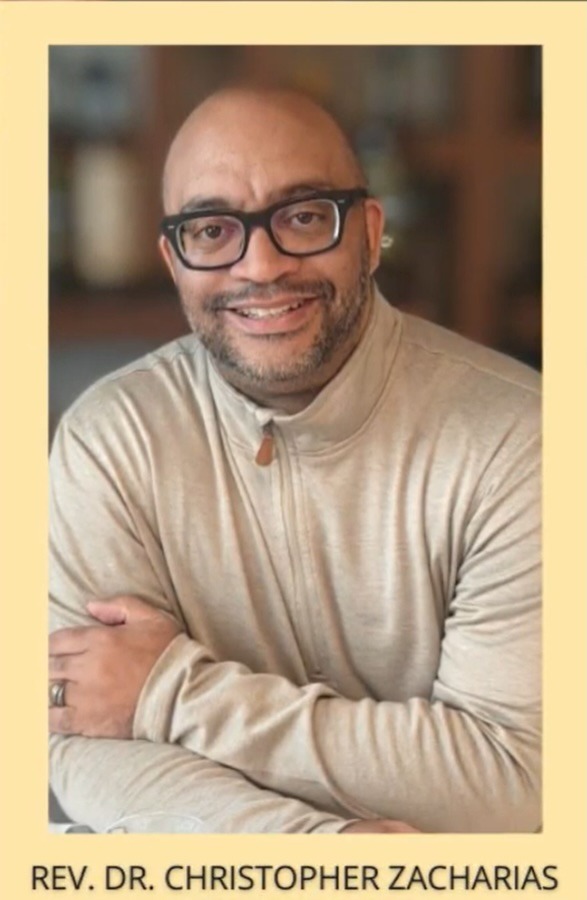
Dedicated Leader
Dr. Zacharias' unwavering commitment to social justice makes him an inspiring leader in the Mid-Atlantic Episcopal District.

Faith-Based Advocacy
Integrating faith values with social action to address critical issues and foster compassion.
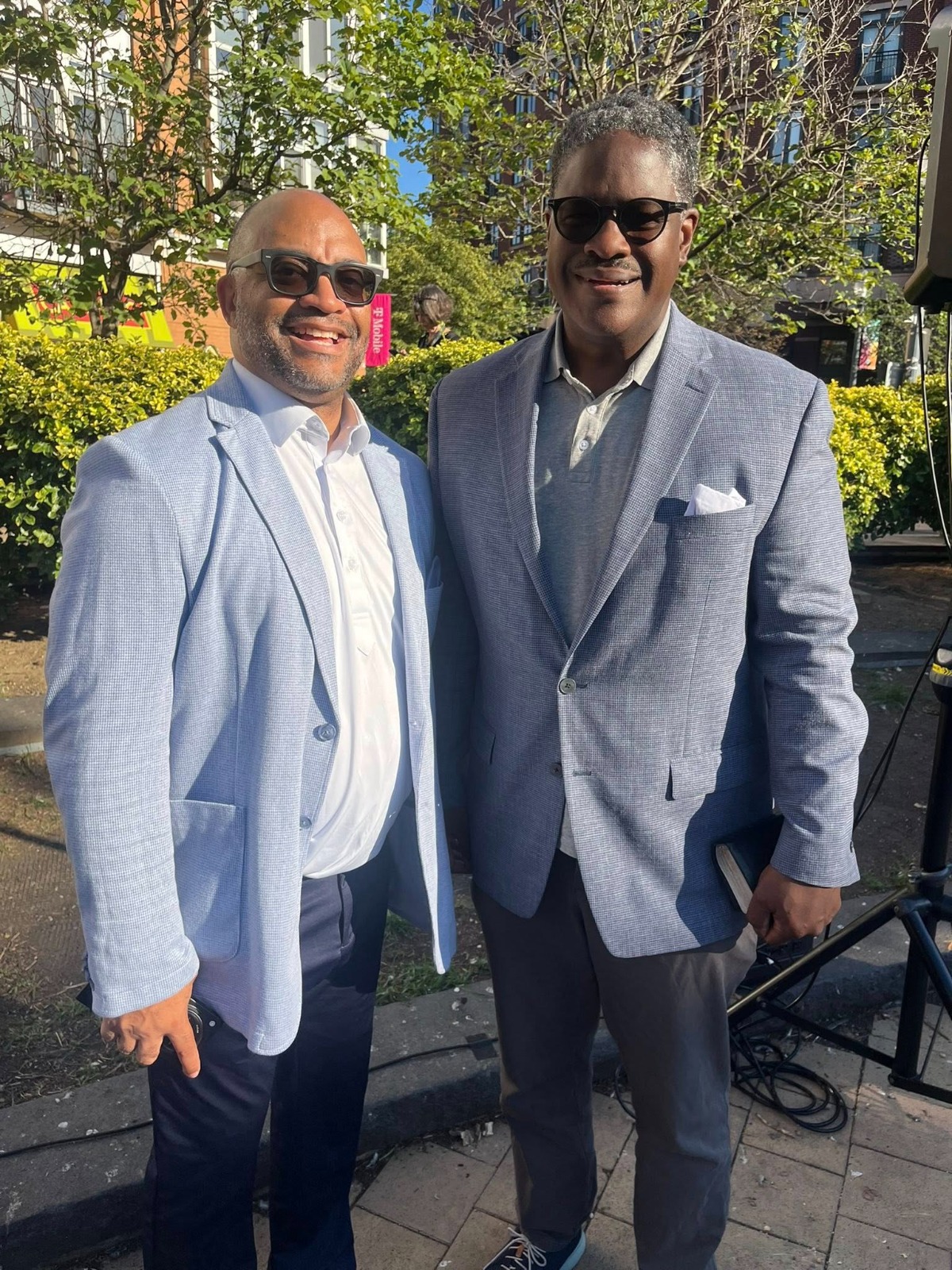
Visionary Thinker
Dr. Zacharias' innovative approaches to social justice inspire positive change within the community.
Our Services
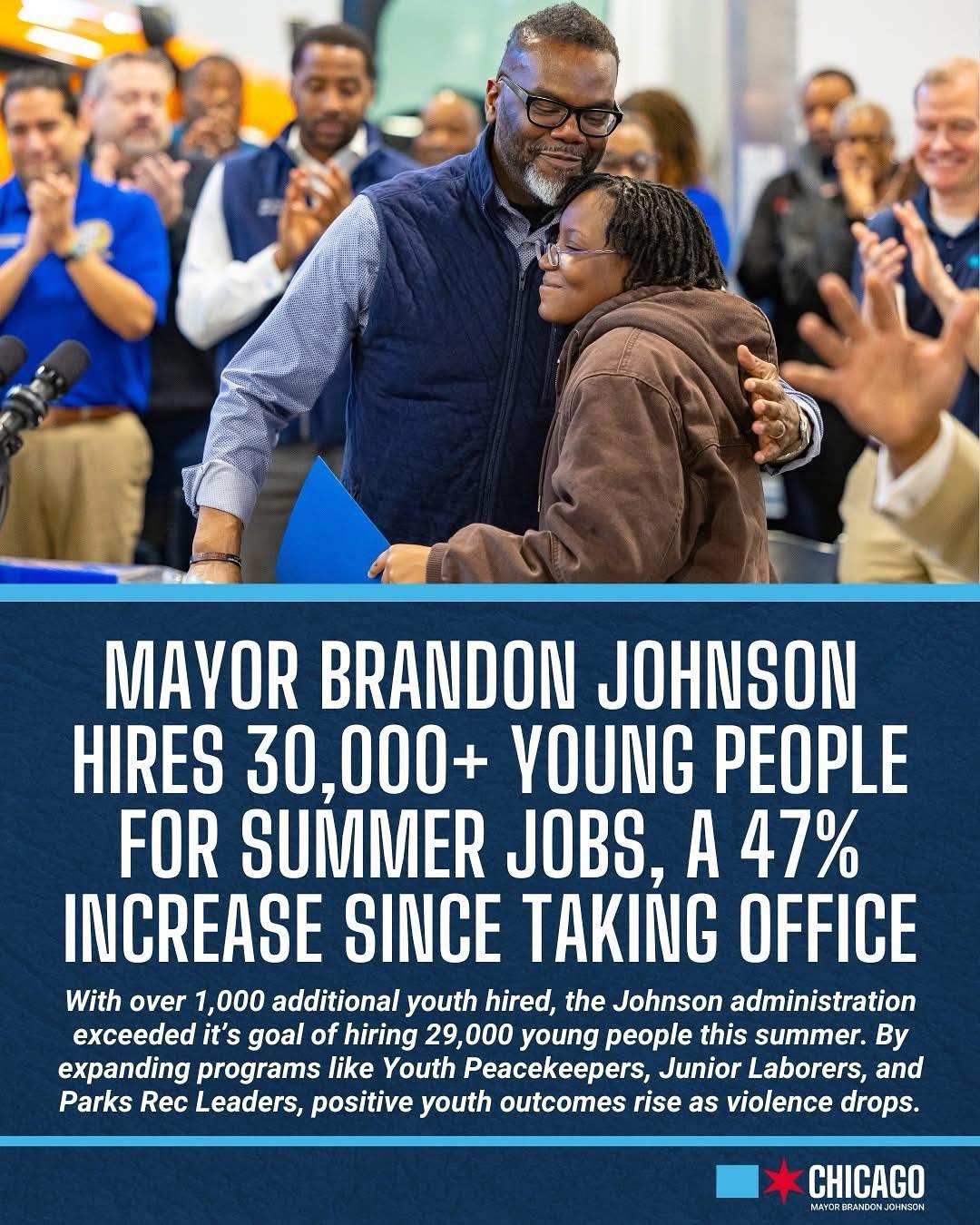
Social Advocacy
Championing policies and initiatives that promote fairness, equality, and justice for all members of the community.
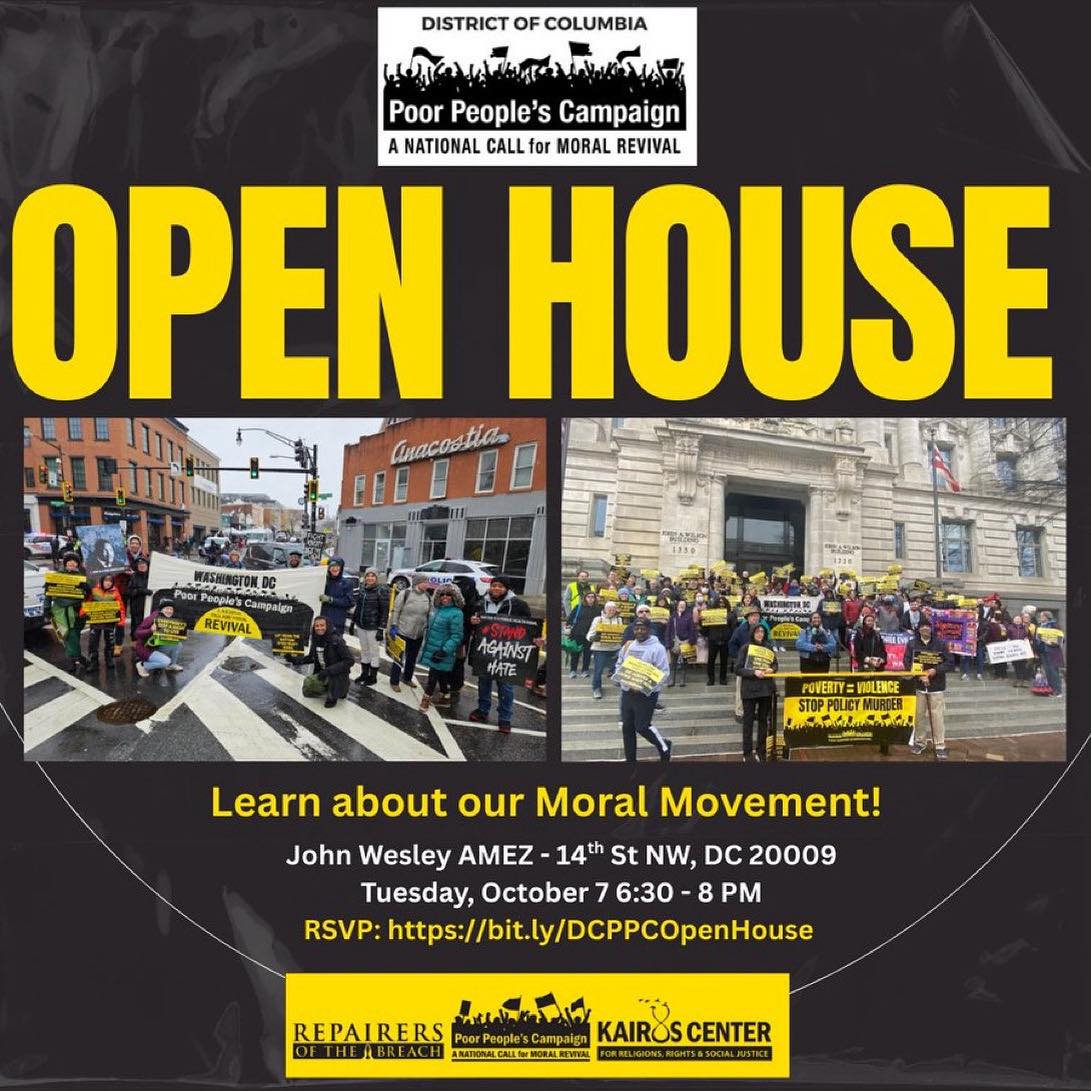
Community Outreach
Engaging with local communities to identify needs, provide resources, and build collaborative partnerships.

Educational Programs
Offering workshops, seminars, and training sessions to raise awareness and promote social justice understanding.
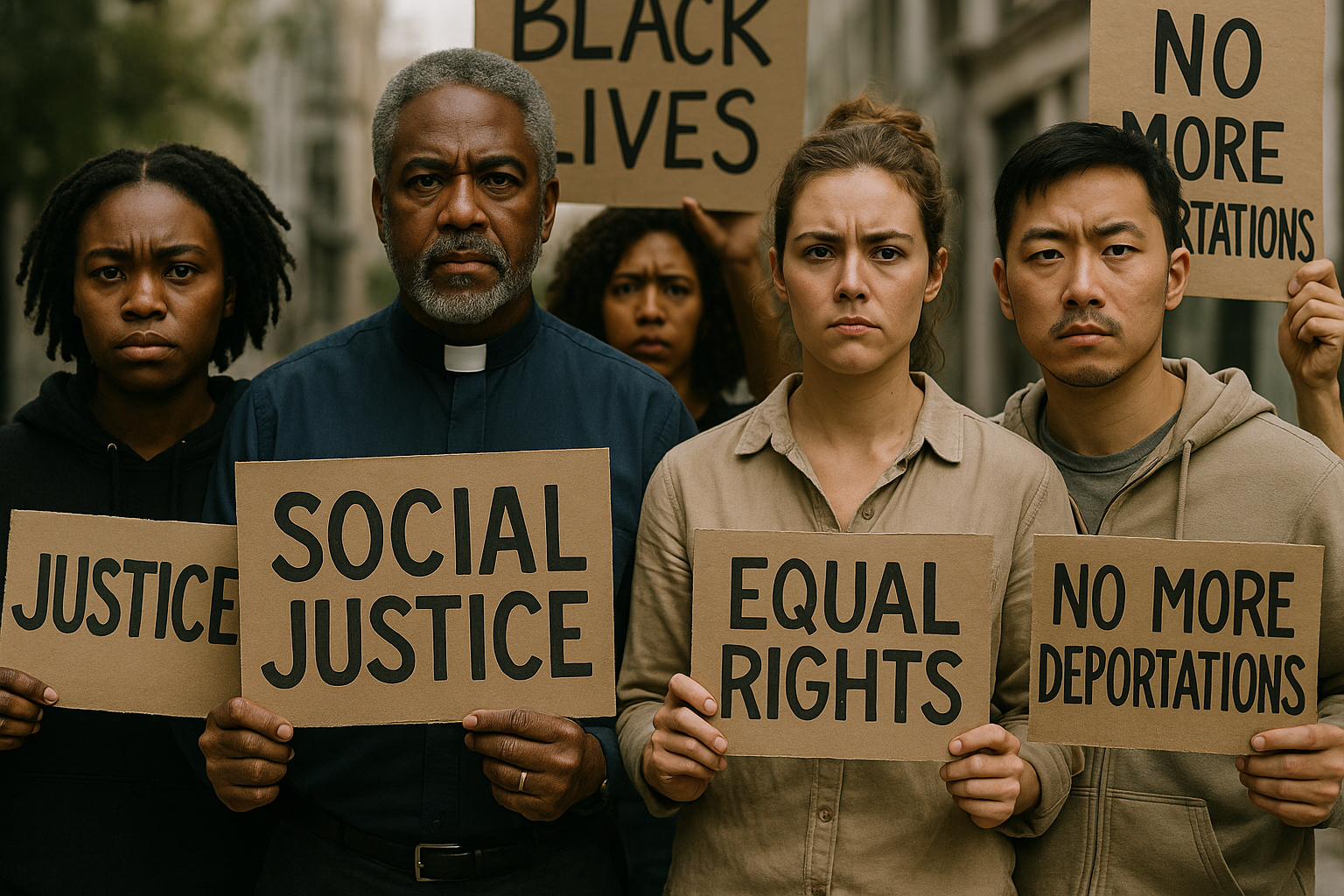

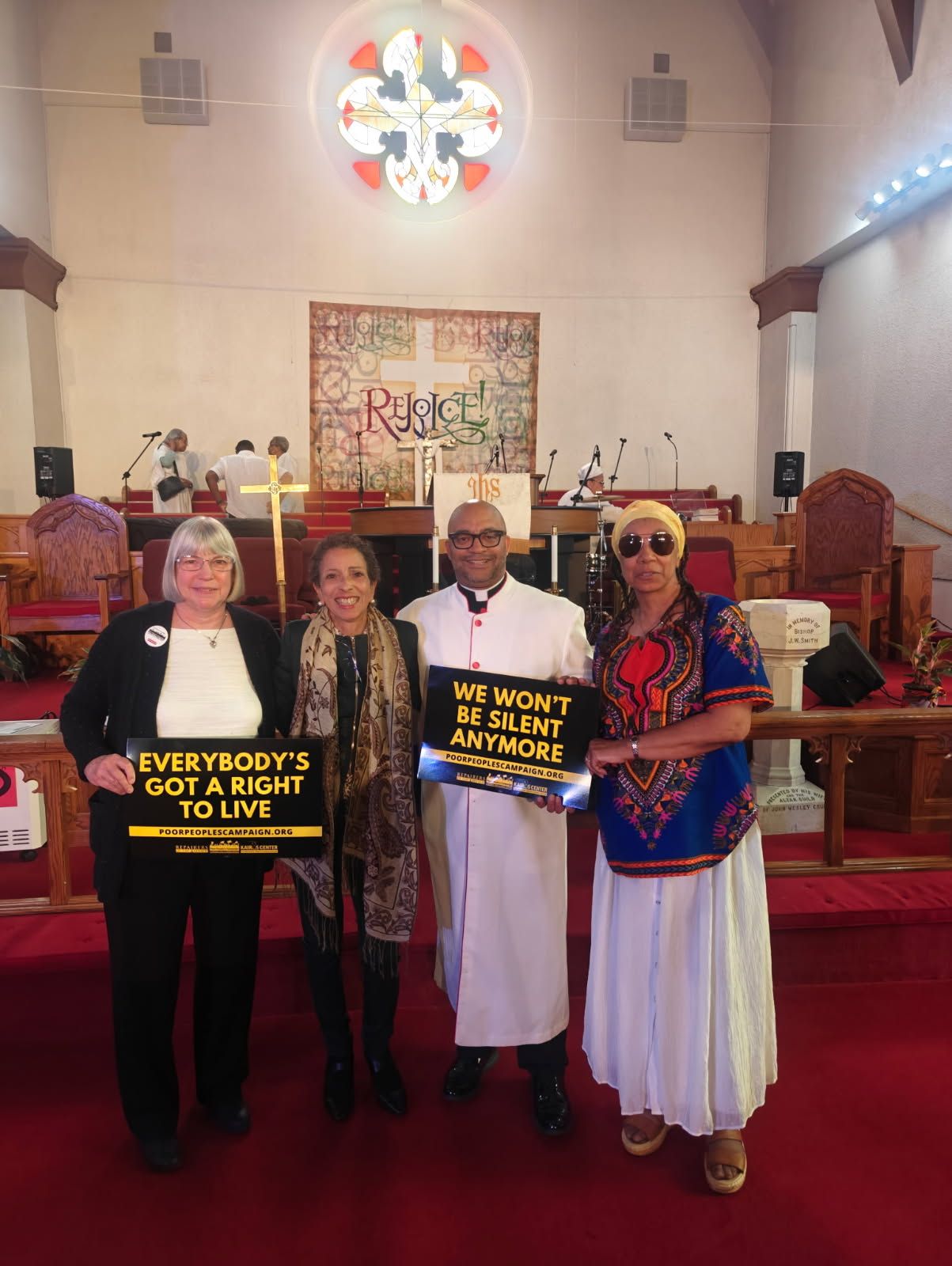
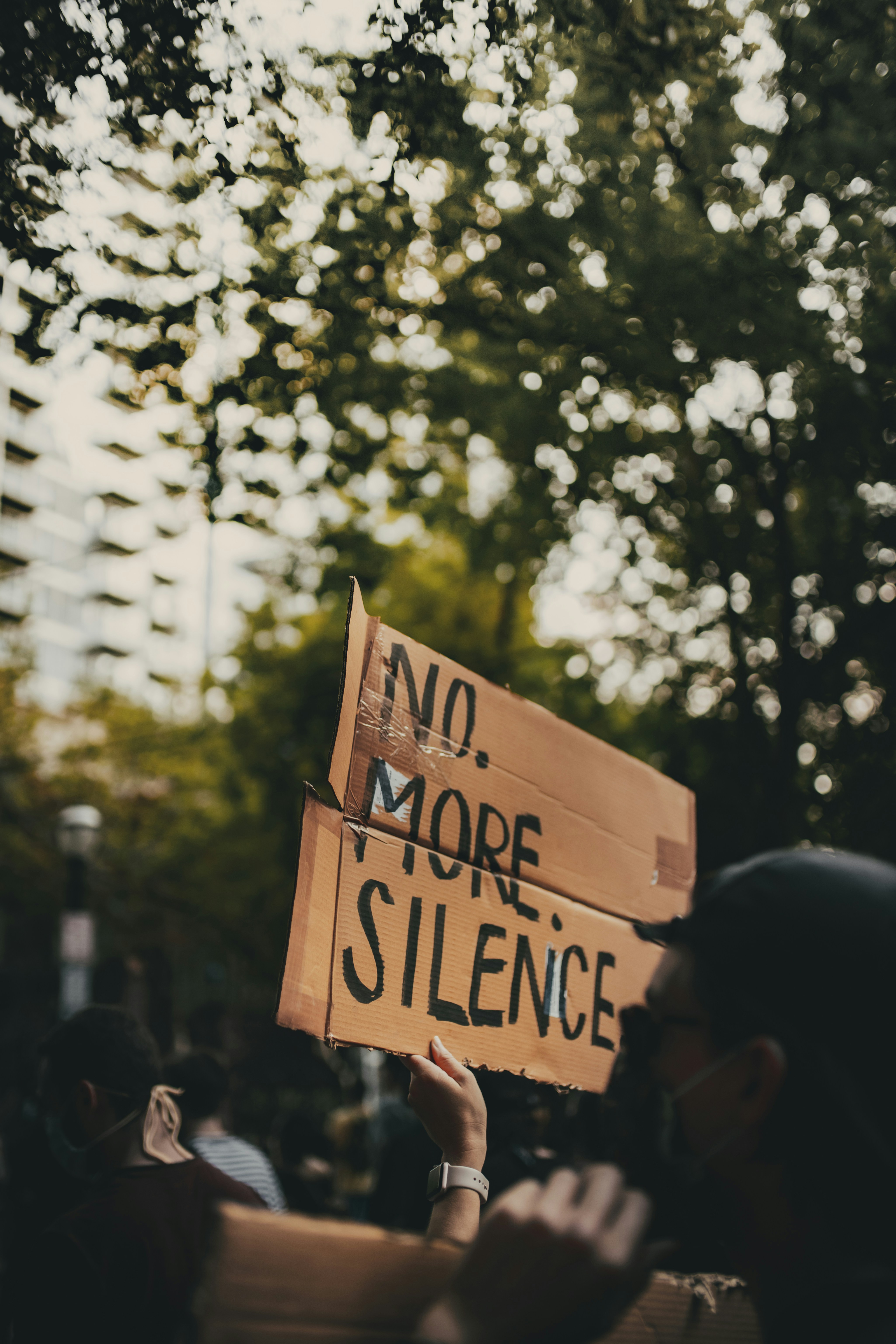
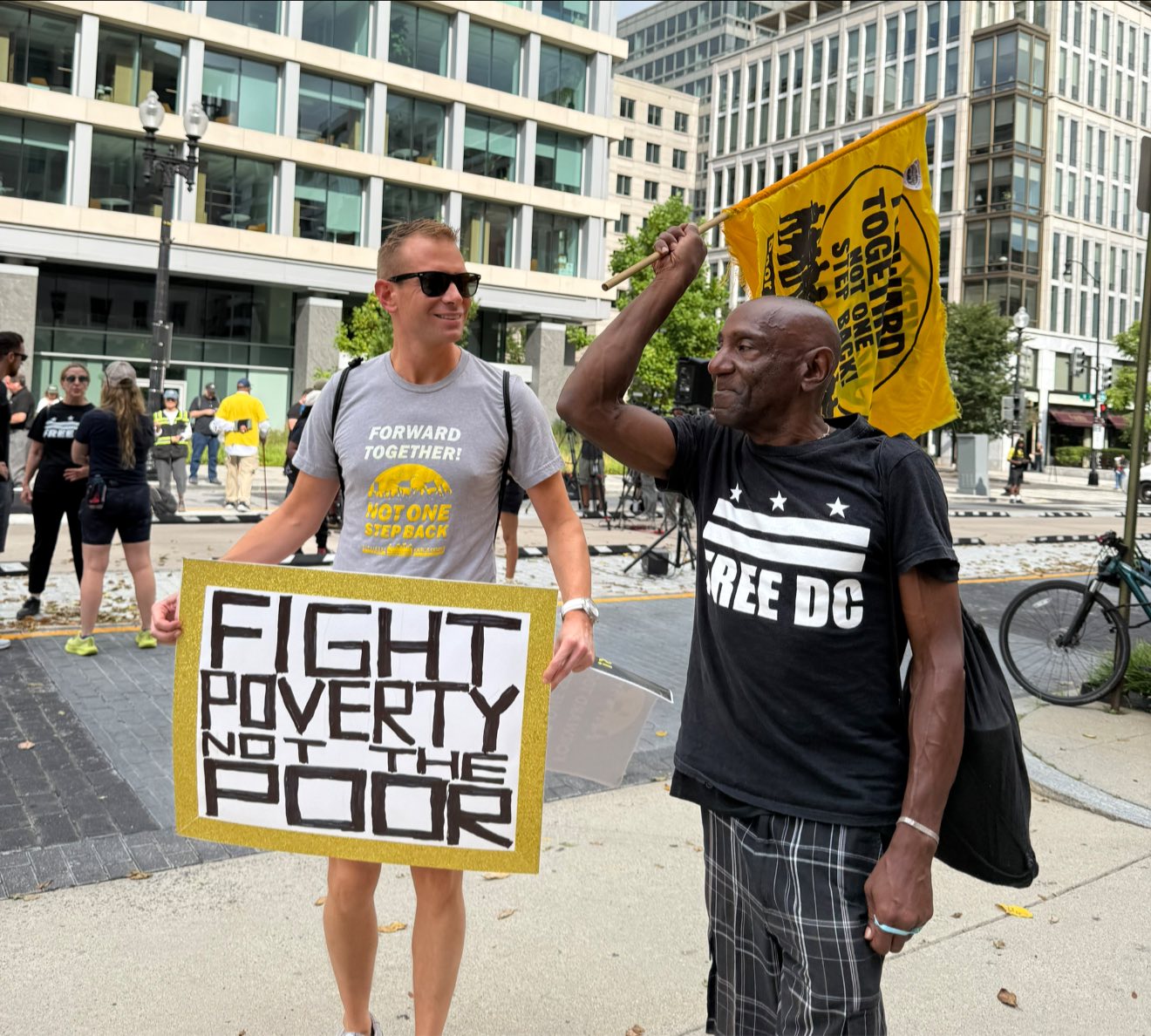

What is Social Justice and Why It Matters Today
Social justice is the ongoing pursuit of a fair and equitable society where all individuals—regardless of race, income, gender, ability, or background—have equal access to rights, resources, and opportunities. At its core, social justice addresses systemic inequalities and works to dismantle barriers that have historically marginalized certain communities.
In today’s social and political climate, social justice is not just a concept—it is a necessity. Across the U.S., deep-rooted disparities are widening due to shifts in policy, economic uncertainty, and weakened safety nets. That’s why social justice toolkits and resources—which equip individuals and communities with the knowledge, language, and strategies to advocate for change—are more critical than ever.
Voting Matters: Protecting the Path to Justice
With the November primaries approaching, access to the ballot box is a key battleground for social justice. Voter suppression, gerrymandering, and misinformation campaigns threaten to silence underrepresented communities. Educating voters on their rights and empowering them through voter engagement tools is essential to safeguarding democracy and pushing for policies that reflect community needs.
The “Big Beautiful Bill” and Its Consequences
The long-term effects of recent tax legislation—often referred to as the “Big Beautiful Bill”—are being felt acutely across DC, Maryland, Virginia, Pennsylvania, and Ohio. While marketed as economic stimulus, the bill has exacerbated inequality by providing disproportionate benefits to corporations and the wealthy while placing pressure on federal and state budgets.
The statistical consequences include:
• Medicaid reductions: Thousands of low-income individuals in these states face reduced access to healthcare.
• SNAP (food stamp) restrictions: Tighter eligibility and benefit rollbacks have led to increased food insecurity, especially in rural and urban underserved areas.
• Veterans’ services: Cuts and delays in care have been reported across VA hospitals, impacting mental health and long-term support systems.
• Hospital closures and long-term care cutbacks: Budget strain has led to closures and understaffing in community hospitals, especially in Black and brown neighborhoods and rural counties.
These developments underscore the urgent need for organized informed action rooted in social justice principles. Through advocacy, education, and civic participation, communities can push for policies that prioritize dignity, equity, and the common good.
Medicaid & Health Coverage Loss
• Nationwide: The bill cuts ~$793 billion to $1 trillion from Medicaid over the next decade, resulting in 10.3 – 10.9 million fewer enrollees by 2034 Yahoo News+15Vox+15Commonwealth Fund+15.
• Rural communities: ~1.8 million rural residents are projected to lose Medicaid by 2034 .
• Independent rural hospitals: Losses of ~$465 million in annual patient revenue in 2026, equating to a 56% average net-income drop. As a result, 380 rural hospitals (17% more) will be at risk of closure Families USA.
SNAP (Food Assistance)
• Cuts total around $267–$295 billion over 10 years ﹘ about a 36% reduction in benefits by 2034 Vox+4Commonwealth Fund+4MySA+4.
• Imposing stricter work requirements could cause 3 million+ Americans to lose SNAP benefits Center on Budget and Policy Priorities+14PBS+14AP News+14.
Hospital & Healthcare System Impact
• Roughly 300 rural hospitals are immediately at risk, with over 700 nationwide vulnerable due to Medicaid cuts YouTube+6Kiplinger+6DCCC+6.
• A further 55 independent rural hospitals would slip into the red in 26 states—including Ohio—pushing total at-risk hospitals to 380 Kiplinger+9Families USA+9American Hospital Association+9.
• States could see coverage losses: up to 5 million people lose Medicaid due to stricter eligibility (e.g., work rules), with 1.4 million undocumented immigrants also affected Vox+12AP News+12PBS+12.
• Nationwide job losses in 2029:
o 1.22 million jobs, reducing state economies by $154 billion GDP.
o States lose $12.2 billion in tax revenue The Daily Beast+5Commonwealth Fund+5KFF+5.
Veterans & Long-Term Care
• 1.6 million veterans (about 10% of all veterans) rely on Medicaid for critical long-term care and services KFF.
• Medicaid cuts threaten this coverage, disproportionately affecting older, disabled, and LGBTQ+ veterans Them+1KFF+1.
State-Specific Snapshot: DC, MD, VA, PA & OH
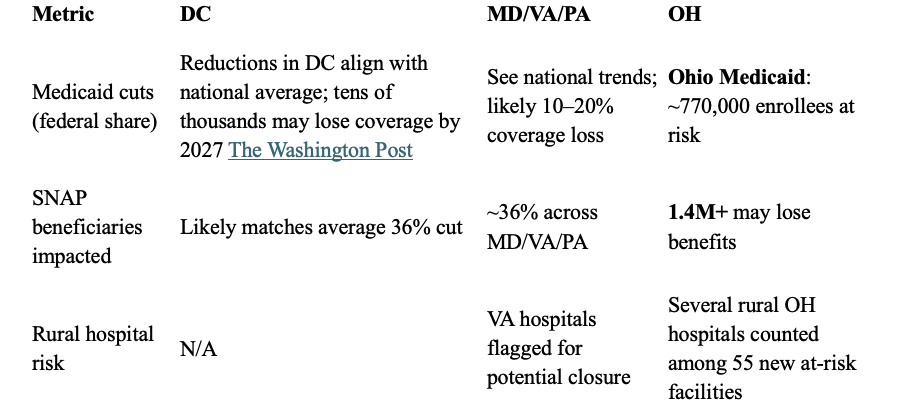
• Healthcare Access: Millions losing Medicaid coverage, particularly in rural and underserved areas—including veterans and children.
• Food Security: SNAP cuts threaten core supports for low-income families.
• Economic Drag: Millions of jobs and billions in economic activity lost, compounding community distress.
• Health Infrastructure: Widespread risk of rural hospital closures threatens local care and employment.
These statistics highlight why social justice toolkits—empowering communities to vote, advocate, and respond—are critical heading into the November primaries. Policy decisions now will directly affect who gets healthcare, food, and care in our communities. Having the resources to educate, mobilize, and vote is essential.
Mid-Atlantic Social Justice - Why It Matters Now
Our Episcopal area is in the pursuit of a fair, equitable society where all people have equal access to opportunity, resources, and rights. In today’s political and economic landscape, it is not just a concept—it is a call to action. Across communities, especially in Washington, DC, Maryland, Virginia, Pennsylvania, and Ohio, systemic disparities in healthcare, food access, and voting rights are intensifying. Social justice efforts are critical in reversing harmful policy impacts and ensuring that all voices are heard and protected.
Tentative Next Steps:
1. Form a Mid-Atlantic Social Justice & Economic Development Team
2. Identify Key Areas of Focus for our Episcopal Area
3. Develop a Strategic Plan of Action to Address those Key Areas of Focus
4. Implement our Plan of Actions
5. Praise God for Positive Results
In addition to our next steps, we look to provide
A. Social Justice Toolkits & Resources
Under the Leadership of Bishop Thompson, our episcopal area social justice team will be developing social justice and advocacy toolkits, to help equip our ministry leaders, laity and communities to understand, organize, and advocate around the issues that matter most: Some areas of consideration are (but not limited to) ...
• Voter education and registration tools
• Medicaid and SNAP benefit navigators
• Rural healthcare access support
• Advocacy guides on long-term care, hospital closures, and veterans' rights
Voting Rights and the November Primaries
With key elections approaching, social justice hinges on the ability to vote freely and fairly.
• Voter suppression tactics are increasing closed polling locations, ID laws, and purged rolls.
• Mobilization efforts are focused on underrepresented communities.
• Protecting access to the ballot is essential to shaping policy change on healthcare, food, and economic equity.
B. Provide Teachings & Trainings on Social Justice
These teachings and trainings are forthcoming with dates and times still pending.
C. Follow and Implement Bishop Thompson’s President of the Board of Bishops Plans
Additional Nationwide Statistical Impact of the "Big Beautiful Bill"
Medicaid Coverage Losses
• Nationwide cuts: $793 billion to $1 trillion from Medicaid.
• 10.3 – 10.9 million fewer enrollees by 2034.
• Rural areas: 1.8 million people losing coverage.
• Hospital impact: $465 million/year in rural patient revenue lost; 380 rural hospitals at risk.
SNAP (Food Assistance)
• Cuts: $267–$295 billion over 10 years (36% reduction).
• Over 3 million Americans projected to lose benefits due to stricter work requirements.
Veterans and Long-Term Care
• 1.6 million veterans rely on Medicaid for essential services.
• Medicaid reductions endanger care for disabled, elderly, and LGBTQ+ veterans.
Hospital and Rural Health Infrastructure
• 300 rural hospitals immediately at risk of closure.
• Ohio: 55 additional independent hospitals facing insolvency by 2026.
State-Level Impacts

Economic Fallout
• National job loss: 1.22 million jobs.
• GDP reduction: $154 billion. • Lost state tax revenue: $12.2 billion. Why This Matters The combined effects of Medicaid and SNAP cuts, hospital closures, and voter suppression threaten the well-being of millions. These statistics reveal a critical need for:
• Immediate voter education and mobilization.
• Direct support and advocacy for at-risk communities.
• Long-term policy reform that centers equity and human dignity.
Social justice is not optional—it is the foundation for healthy, thriving communities. With the right tools and data, we can build the power to protect what matters most.
Sources: Families USA, Commonwealth Fund, Vox, Axios, Kaiser Family Foundation, AP News, Kiplinger, PBS
Social Justice and Community Concerns RESOURCE DOWNLOADS
Building A Just World For All Toolkit For Faithful Advocacy - Access Here
Master's Series For Distinguished Clergy - Advocacy Toolkit - Access Here
Government Shutdown Resources
Social Action & Social Justice In Times Of Transition - Access Here
What The Kingdom Community Community Says
Dr. Zacharias's leadership has been instrumental in creating positive change in our community. I am deeply grateful!
The Director of Social Justice's initiatives have significantly improved access to vital resources for underserved populations.
I've been impressed by Dr. Zacharias' commitment to fostering inclusivity and equality within our district.
 Powered By Digital Marketing Agency x100
Powered By Digital Marketing Agency x100